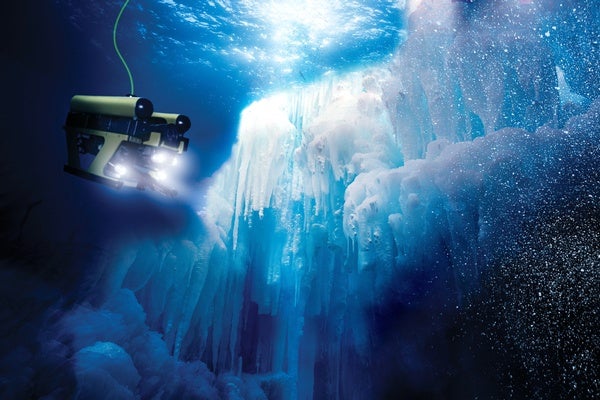 |
| July 16, 2021 |
 |
| |
| Behavior & Society Dancing with Robots The emerging field of choreorobotics can make humans more comfortable interacting with machines | | | | |
| |
| |
| |
| Public Health Kids Get 'Long COVID' Too Children can suffer lingering symptoms from the disease, but researchers are still working to determine how frequently and how severely | | By Dyani Lewis,Nature magazine | | | |
| |
| |
| |
| |
| |
| The Body The Problem with Pain Scores Physicians often ask you to rate your agony on a scale from one to 10—but the response doesn't necessarily say anything useful | | | | |
| |
FROM THE STORE
 | | | |
| |
| QUOTE OF THE DAY
 "Now we are entering an era where we can go after what we know about how life has evolved and apply that as a general principle." Jim Green, chief scientist at NASA | |
LATEST ISSUES
 |
| |
| Questions? Comments?  | |
| Download the Scientific American App |
| |
| |




